Legislative Update: Home Health Care section of the CARES Act
Posted almost 6 years ago by Katherine Goyette
The AANP Government Affairs team is working with CMS on the home health care section of the CARES Act in order to find ways to streamline the implementation process. Last night, CMS released major regulatory changes in order to remove barriers to patient care for the duration of the COVID-19 Public Health Emergency (PHE).
Some of the specific regulatory requests from AANP are highlighted below, including provisions related to home health care, that addressed longstanding barriers within the Medicare and Medicaid programs that were included in the announcement. These changes are for duration of the PHE and not beyond, but these regulatory changes lay the groundwork for the permanent implementation of the home health provisions of the CARES Act.
- CMS took two separate actions to address issues with Medicare and Medicaid home health care services. (1) For Medicare home health, CMS is utilizing its enforcement discretion to authorize patients to be under the care of NPs, CNSs, and PAs and to authorize NPs, CNSs, and PAs to perform the necessary orders and certifications. This means that CMS will not audit home health claims or home health care agencies on the requirements that physicians provide these services during the PHE. (2)For Medicaid, CMS issued an interim final rule which amended the Medicaid regulations to authorize NPs to order home health and all services under the home health benefit (including DME and medical supplies) for the duration of the PHE. This addresses both the home health issue and the DME issue that we have seen arise in a number of states. These issues were also permanently addressed by the CARES Act, but under that legislation CMS has 6 months to finalize rulemaking. These actions should provide the immediate relief that we have been requesting as CMS goes through the rulemaking process to permanently fix these issues.
- CMS is waiving 482.12(c), which requires that Medicare patients in hospitals be under the care of a physician. This allows hospitals to use other practitioners, such as nurse practitioners, to the fullest extent possible. This waiver should be implemented so long as they are not inconsistent with a state’s emergency preparedness or pandemic plan.
- CMS is waiving the minimum personnel qualifications for clinical nurse specialist, nurse practitioners, and physician assistants described at 42 CFR 485.604 (a)(2), 42 CFR 485.604 (b)(1-3), and 42 C.F.R 485.604 (c)(1-3). NPs, CNSs and PAs will still have to meet state requirements for licensure and scope of practice, but not additional Federal requirements that may exceed State requirements. This will give States and facilities more flexibility in using clinicians in these roles to meet increased demand. These flexibilities should be implemented so long as they are not inconsistent with a State or pandemic/emergency plan.
- National coverage determinations (NCDs) and Local Coverage Determinations (LCDs): To the extent NCDs and LCDs require a specific practitioner type or physician specialty to furnish or supervise a service, during this public health emergency, the Chief Medical Officer or equivalent of a hospital or facility will have the authority to make those staffing decisions.
There are a number of other flexibilities contained in these regulatory changes, including to Telehealth, and we will provide further information once we have further reviewed the document from CMS. All of this information is available on AANP’s COVID-19 Practice and Policy Resources Page under the Coronavirus Waivers link. We will continue to provide updates as more policy and regulatory changes unfold.
If you have additional questions please reach out to AANP’s federal government affairs team at governmentaffairs@aanp.org and the state government affairs team at statepolicy@aanp.org.
MaryAnne Sapio, VP of Federal Government Affairs
Tay Kopanos, VP of State Government Affairs
